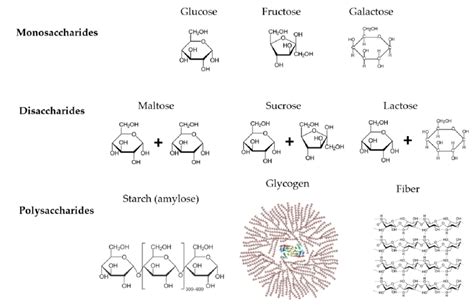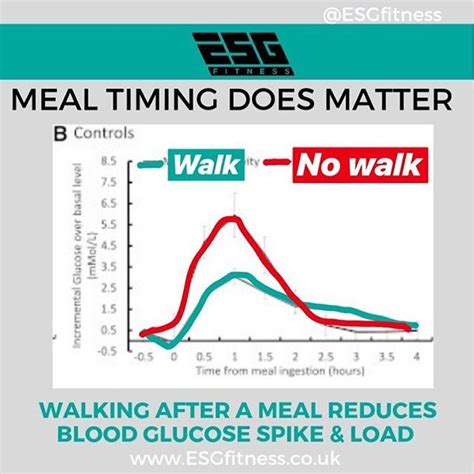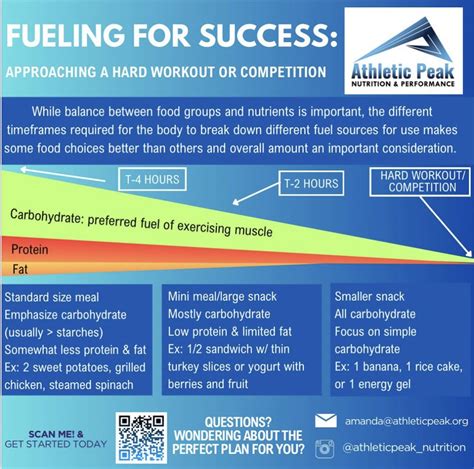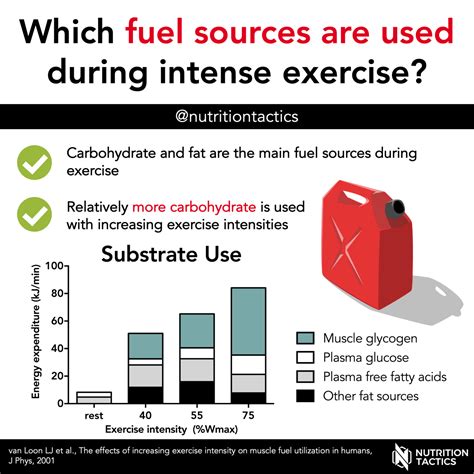Fueling the Active Man: The Power of Carbohydrate Timing
For men dedicated to regular physical activity, the discussion often revolves around protein intake and strength training. However, the unsung hero in optimizing performance, recovery, and even hormonal balance is consistent carbohydrate timing. Carbs are not just about immediate energy; their strategic intake can significantly influence testosterone levels and provide the sustained energy required to conquer demanding workouts and daily challenges.
The Energy Backbone: Carbohydrates and Performance
Carbohydrates are the body’s primary and most efficient source of fuel, especially during high-intensity exercise. When consumed, carbohydrates are broken down into glucose, which is then stored as glycogen in the muscles and liver. These glycogen stores are critical for fueling strenuous workouts, ensuring that you can push harder, longer, and more effectively. Inadequate carbohydrate intake, particularly for active individuals, can lead to depleted glycogen stores, resulting in fatigue, decreased performance, and prolonged recovery times.

Strategic Carb Timing: Pre, Intra, and Post-Workout
The timing of carbohydrate intake is just as important as the quantity. By strategically consuming carbs around your training, you can maximize energy availability, improve performance, and accelerate recovery.
Pre-Workout Fueling
Consuming complex carbohydrates (like oats, brown rice, or whole-wheat bread) 2-3 hours before a workout helps top off glycogen stores, providing a steady release of energy throughout your session. For closer proximity to training (30-60 minutes), easily digestible simple carbohydrates (like fruit or a sports drink) can offer a quick energy boost without causing digestive distress.
Intra-Workout Support
For prolonged or intense workouts (typically exceeding 60-90 minutes), consuming simple carbohydrates during exercise can prevent energy dips, maintain blood glucose levels, and spare muscle glycogen. This can be in the form of sports gels, diluted fruit juice, or specialized electrolyte drinks containing carbs.
Post-Workout Recovery
The period immediately after exercise (the “anabolic window”) is crucial for replenishing depleted muscle glycogen. Consuming fast-acting carbohydrates (e.g., white rice, potatoes, fruit) along with protein within 30-60 minutes post-workout can kickstart the recovery process, aiding in muscle repair and glycogen resynthesis. Consistent replenishment ensures you’re ready for your next training session.

Carbohydrates and Testosterone: A Delicate Balance
One of the less-discussed but highly significant impacts of consistent carbohydrate timing is its influence on hormone levels, particularly testosterone. Regular, intense physical activity is a stressor on the body. If not properly fueled, especially with carbohydrates, this stress can lead to an elevation in cortisol, the body’s primary stress hormone.
Cortisol and testosterone often have an inverse relationship; chronically high cortisol levels can suppress testosterone production. By consistently providing adequate carbohydrates before, during, and after workouts, you help mitigate the physiological stress response to exercise. This helps keep cortisol levels in check, thereby creating a more favorable environment for maintaining healthy testosterone levels. Under-fueling, particularly by restricting carbohydrates in the face of high training volume, can disrupt this delicate hormonal balance, potentially leading to lower testosterone, increased fatigue, and impaired recovery.

Fueling Sustained Energy Levels
Beyond the immediate workout, consistent carbohydrate timing is paramount for sustained energy throughout the day. Active men require consistent fuel to perform well in their training, maintain mental acuity, and handle the demands of their professional and personal lives. Irregular or insufficient carb intake can lead to blood sugar fluctuations, resulting in energy crashes, irritability, and decreased focus.
By consuming carbohydrates consistently throughout the day, aligned with activity levels, you ensure a steady supply of glucose to the brain and muscles. This not only optimizes physical performance but also supports cognitive function and overall well-being, preventing the dreaded mid-afternoon slump and keeping you energized from morning till night.

Practical Strategies for Optimal Carb Timing
- Personalize Your Intake: Carbohydrate needs vary based on training intensity, duration, body weight, and individual metabolism. Experiment to find what works best for you.
- Prioritize Whole Foods: Focus on nutrient-dense complex carbohydrates like whole grains, vegetables, and fruits for most of your daily intake.
- Match Carbs to Activity: Consume more carbohydrates on heavy training days and slightly less on rest days or lighter activity days.
- Hydrate Adequately: Water plays a crucial role in carbohydrate metabolism and glycogen storage.
- Listen to Your Body: Pay attention to energy levels, recovery, and performance cues. If you’re feeling sluggish, you might need to adjust your carbohydrate timing or quantity.

Conclusion
Consistent carbohydrate timing is a cornerstone of optimal performance, recovery, and hormonal health for men engaged in regular physical activity. It directly impacts energy levels, sustains peak performance, and plays a vital role in regulating testosterone by managing the body’s stress response. By strategically incorporating carbohydrates around workouts and throughout the day, active men can unlock their full potential, maintain hormonal balance, and enjoy sustained vitality in all aspects of their lives. Don’t view carbohydrates as merely fuel; see them as a powerful tool for holistic athletic and physiological well-being.




